Beans, Brews & Beautiful Views: Your Guide to Where Coffee Grows in Africa
There is a misconception about Africa and coffee, so I’d like to offer you a glimpse into the vast and diverse world of African coffee. Mainly focusing on Arabica coffee and a bit of Robusta coffee, and the countries and regions in Africa where coffee grows. Because if you didn’t know, yes, coffee grows in Africa!
When you hear “African coffee”, most people think of one country: Ethiopia, or maybe Kenya? However, you'd be surprised to know that there are many other countries in the continent, such as D.R. Congo, Tanzania, Malawi, Zimbabwe, Ivory Coast, and Uganda (to name a few), that also produce delicious, top-quality coffee—even specialty coffee!
Firstly, if you prefer the video version, I have uploaded it to YouTube, if not, read on!
History of Coffee in Africa
To start off, it's important to know the quick history of coffee and where it originated from. If you did not know, Ethiopia is the original birthplace of Arabica coffee (Coffea Arabica). There is a vast variety of stories of how it was first discovered by a young goat herder from the Kaffa region named Kald— dating back to the 8th and 9th century! Can you imagine? But surprisingly, I've had many customers tell me that they thought coffee originated from Brazil. Why is this, you may wonder. Well, quite frankly, Brazil is the leading exporter of Arabica coffee; which would make sense why people think Brazil is the birthplace of coffee. More surprisingly, a lot of people don't know that the Democratic Republic of the Congo is the birthplace of Robusta coffee (Coffea canephora). In the 19th century, Robusta coffee was at some point renamed Congo Coffee. It is fascinating to know that coffee cultivation in Congo, back when it was then called the Belgium Congo, was done by using material from the Lomami River region. I will go into more details and write a separate blog post about the origins and history of Robusta coffee and Arabica coffee in a future blog post. For now, read on below to learn about the following eight African countries where coffee grows:
1. Ethiopia

Ethiopia isn't just the birthplace of coffee, it's a country, a rich land where diverse regions introduce us to the unique flavor profiles that are found in your cup of coffee at your favorite Third Wave, locally-owned coffee shop. Ethiopians are known for their passionate coffee culture: Morning, afternoon, and after dinner, they drink coffee in a practice known to me as an Ethiopian Coffee Ceremony. I attended an Ethiopian Coffee Ceremony a few years ago, which briefly introduced me to pan coffee roasting for the first time. A good sense of the coffee culture is also shown at the Addis Ababa airport in Ethiopia as well.
I have lots of respect and admiration for the Ethiopian Coffee Culture.

Some Ethiopian coffee regions include:
-
Yirgacheffe: Located in the Sidamo highlands, this region produces bright, citrusy coffee with lots of floral notes. This is by far the most known region and known coffee, at least in the U.S. When you hear Yirgacheffe, you automatically think Ethiopia!
-
Harar: This region is known for producing very distinct and wild-varietal of Arabica coffee, and also known for its dry processing method. Some would say the coffee in the Harar region has a complex cup with hints of wild berries (for those who like more fruity-like taste notes).
-
Limmu: This southwestern region offers full-bodied coffees that grow at elevation of 1000–1900 meters. The coffee in this region is known for chocolaty character (Yum!).
2. Democratic Republic of the Congo
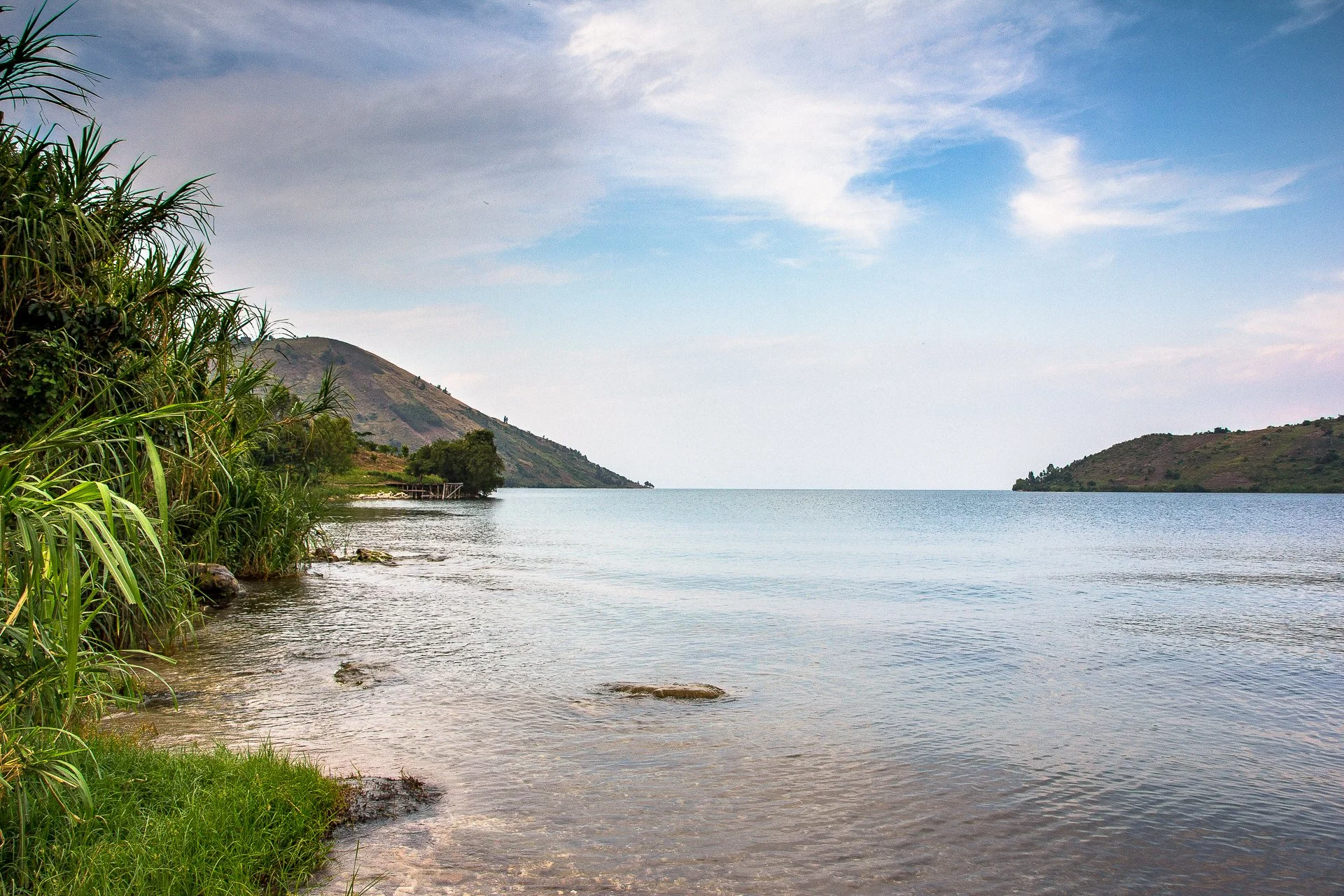
The Democratic Republic of Congo has recently been called a hidden treasure or rising star because of its comeback to the coffee world. As I mentioned earlier, coffee in the Congo was widely known in the past. Prior to the decline of Congolese coffee export due to the African War and political instability/conflict, D.R. Congo (then known as Zaire and the Belgium Congo), was one of the top exports of coffee. In the country, coffee was second after copper exports–exporting as much as 120,000 tonnes a year! Can you imagine? I really need to write more on this soon! I had the chance to visit some coffee regions in 2023, and it was one of the best experiences of my life. The Idjwi Island coffee tour was an experience I will forever cherish. I cannot wait to return! Coffee there grows at elevation between 1200-2000 meters.
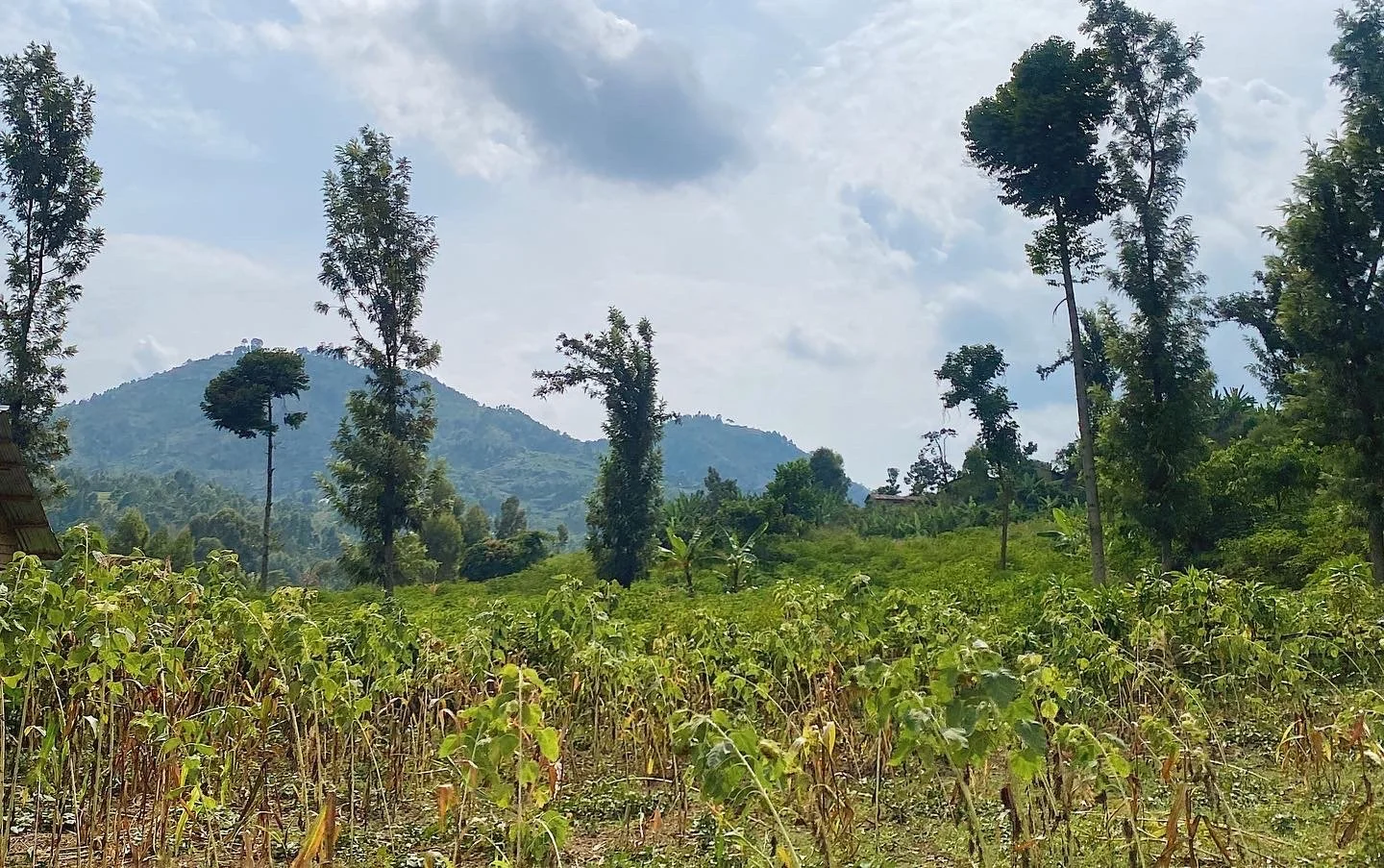
Here are some of the coffee-growing regions in the Congo:
-
South Kivu: Nestled amidst volcanic mountains, the Lake Kivu region fosters a perfect climate for cultivating Arabica coffee beans, offering bright acidity and subtle sweetness and lots of Chocolatey-notes (we love Congolese coffee around here)!
-
Ituri: African rainforests without a doubt create a unique environment for cultivating Robusta coffee beans. This region offer coffees with awakening aroma and earthy notes (Hummm…earthy? I need to try).
-
North Kivu: This political-driven and war-torn region is undergoing a coffee revival, but nevertheless produces specialty-grade, top-quality, and organic Arabica coffee beans with floral (vanilla) and citrusy characteristics.
3. Kenya

Beautiful Kenya, with its volcanic soil and majestic mountains, is full of coffee glory. Their soil and high elevation make the perfect conditions for cultivating quality coffee. Kenyan coffee comes from some of the regions below:
-
Aberdare Mountains: This misty region produces coffee with smooth finished (I have yet to try).
-
Central Highlands: Murang'a, Nyeri, and Kirinyaga counties are some of the oldest coffee-growing ares and offer rich coffees with lively citrus and blackcurrant notes (I can testify to this).
-
Mount Kenya Forest Reserve: This region offers unique peaberry coffee beans with a smooth, sweet profile. Coffee here is known to grow at higher altitudes ranging from 1,300–2000 meters.
4. Tanzania

I have fallen in love with Tanzania. I visited in 2023, and I was mesmerized by the beauty, the people, and the culture. Tanzania's diverse landscape offers a divine coffee experience. Many small coffee farmers even offer coffee tours. I went to one on the slope of Mt. Kilimanjaro, and it was so much fun!
Tanzania offers a huge variety of coffees, from the rich volcanic soils of Mount Kilimanjaro to the unique flavors of Mbeya. Here are some of the regions growing coffee in Tanzania:
-
Kilimanjaro Slopes: Tanzania shares the slopes of the majestic mountain with Kenya. Kilimanjaro coffee beans boast a full-bodied character with lots of notes ranging from chocolate, hazelnut, to berries. Kilimanjaro is in fact one of my go-to coffee.
-
Mbeya: Located in the southwestern highlands, the Mbeya region produces full-bodied coffees with a chocolaty aftertaste. (Quick side note, but this how I first fell in love with tanzanian coffee. I had my introduction with Mbeya coffee and I thought to myself: This is some of the best coffee I have ever had in my entire life, so I knew for sure that I would have to include Tanzanian coffees here at Kanfuela when I launched!)
-
Mount Meru: The fertile slopes of this majestic mountain produce coffee with a smooth body and hints of citrus and spice (can anyone confirm this? I haven’t had it).
5. Malawi

Malawi's rolling hills and sunny climate create prefect conditions for cultivating unique coffee. Here are some of the regions:
-
Mulanje Mountains: The slopes of Mount Mulanje produce lively Arabica coffee beans with a bright acidity.
-
Thyolo: This southern region is known for its well-balanced coffees with hints of caramel (that sounds delicious—sign me up!).
-
North Rukuru: Located in the north of the country, this region offers a taste of adventure with its nutty Robusta beans.
6. Uganda

Uganda is mostly a producer of Robusta coffee, but also produces some Arabica coffee:
-
Mount Elgon: Sharing the mountain with Kenya, Uganda produces full-bodied Arabica coffee beans with chocolaty notes.
-
Bugisu: Known for its distinctive processing methods, Bugisu produces unique Robusta coffee.
-
Bunyoro: Based on the shores of Lake Albert, Bunyoro offers a taste of tradition with its sun-dried Robusta beans.
7. Ivory Coast

While not traditionally known for coffee, Ivory Coast (Cote d’ivore), located in West Africa, does produce high-quality Robusta coffee and some Arabica coffee. Here are some of the coffee-growing regions in Ivory Coast:
-
Man Mountains: Located in the west of the country, the Man Mountains produce a variety of Arabica beans with subtle floral notes.
-
Lake Kossou: The land here is quite fertile, surrounding Lake Kossou, thus cultivates sun-dried Robusta coffee with a strong aroma and a woody (what is that?) aftertaste.
-
Bandama Valley: This region, located centrally, offers something different. Have you heard of Liberica coffee!? It is another type of coffee plant, not as known, but I am dying to try this coffee one day! Liberica coffee is known to have smoky notes. What in the world is smoky taste-notes? If you’ve tried this, please comment below and share your experience!
8. Zimbabwe

Zimbabwe! – a country I have always wanted to visit and for whatever reason have been obsessed with since I was about 10-years-old. Like many other African countries, Zimbabwe's coffee industry is making a comeback. Zimbabwe has rich, volcanic soils that produce high-quality beans. Here are a few regions to keep an eye on:
-
Eastern Highlands: This region has a cooler climate and produces bright, acidic coffees with a hint of citrus and more unique natural flavors that I cannot confirm, per se.
-
Chimanimani Mountains: This region is on the border of Mozambique, and produces coffee known for its full body and intense aroma.
To conclude:
As I stated earlier, this is just a glimpse into the vast and diverse world of African coffee. There are more countries in Africa that produce coffee that are not mentioned here in details, such as:
-
Rwanda
-
Burundi
-
Cameroon
-
Zambia
-
and apparently South Africa!
I will write a part two soon. And please note that every country, or even region, has its own unique growing conditions, processing methods, and flavor profiles, which makes it even more exciting when discovering new coffees for any coffee lover.
Come back and visit us here at Kanfuela anytime for more resources on anything and everything coffee. We’re also on YouTube and Instagram! Also, visit our online store for Organic African Coffee!
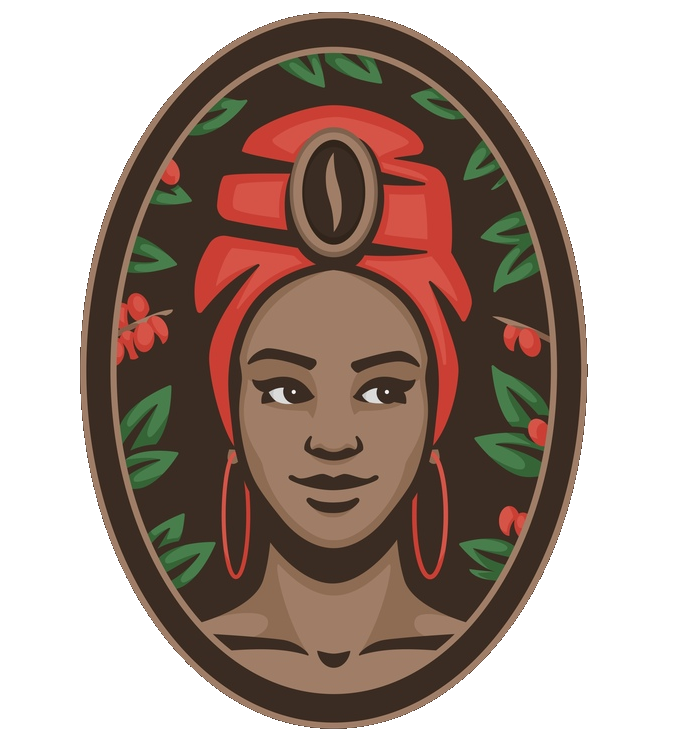

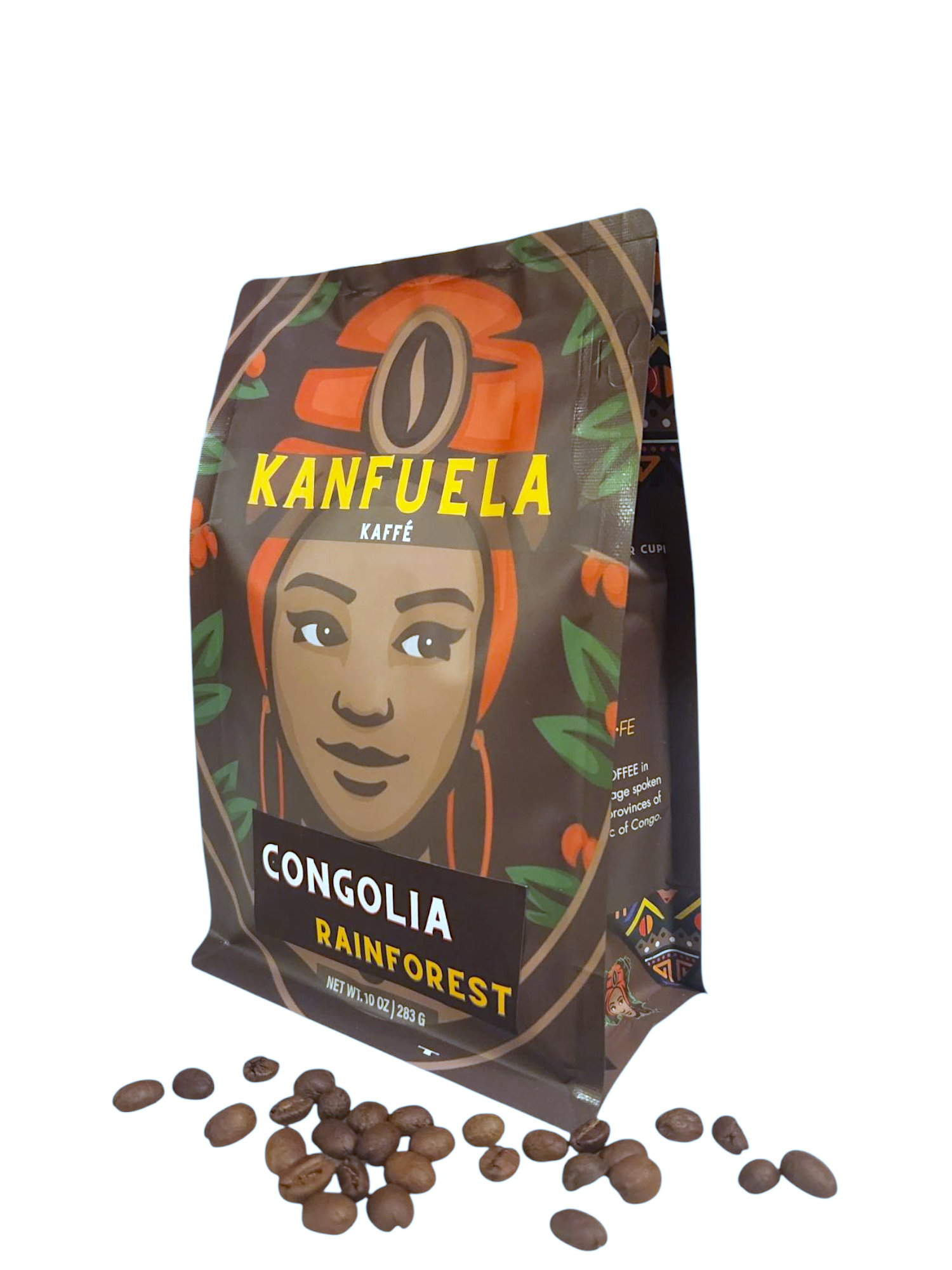
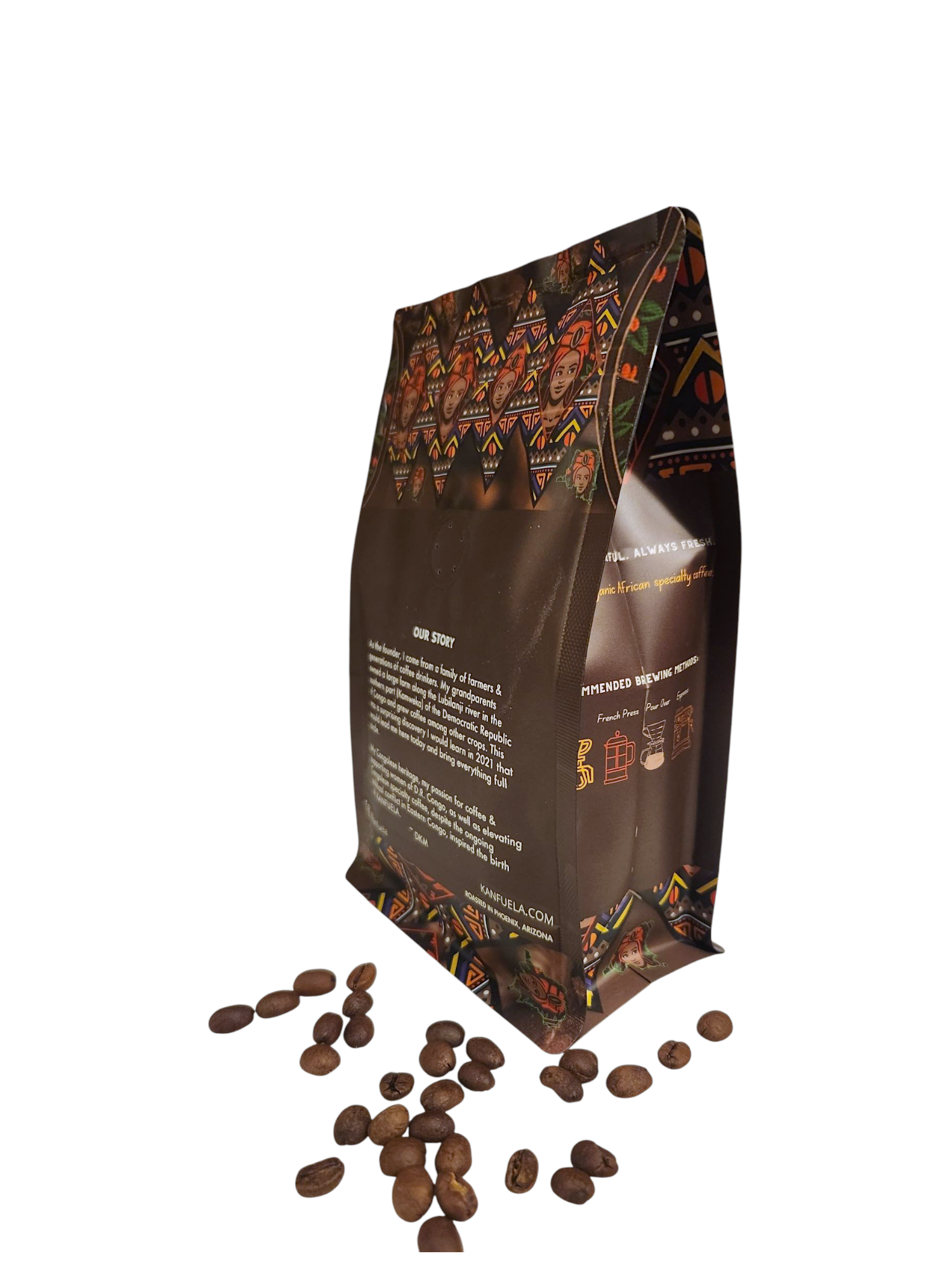
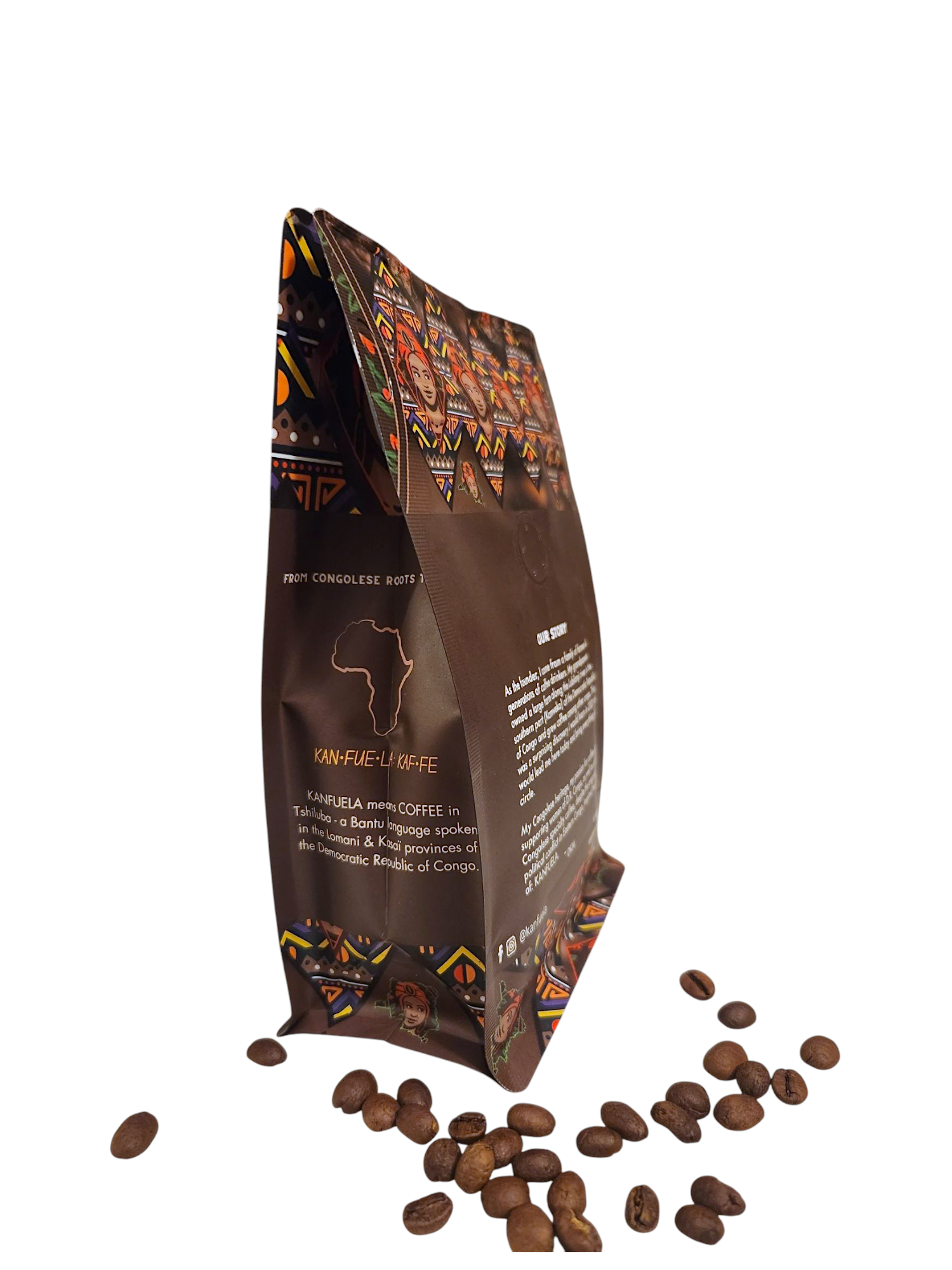
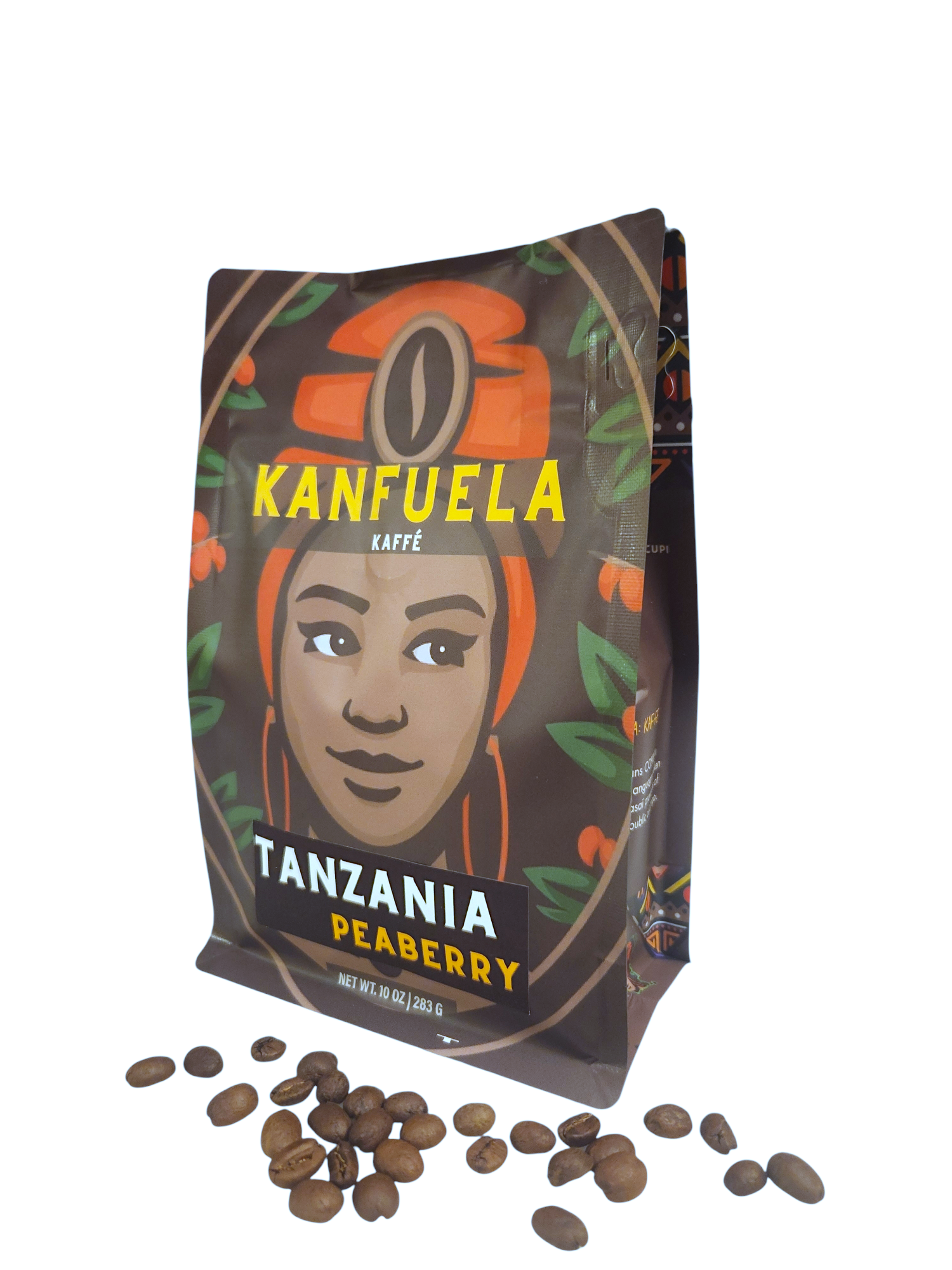
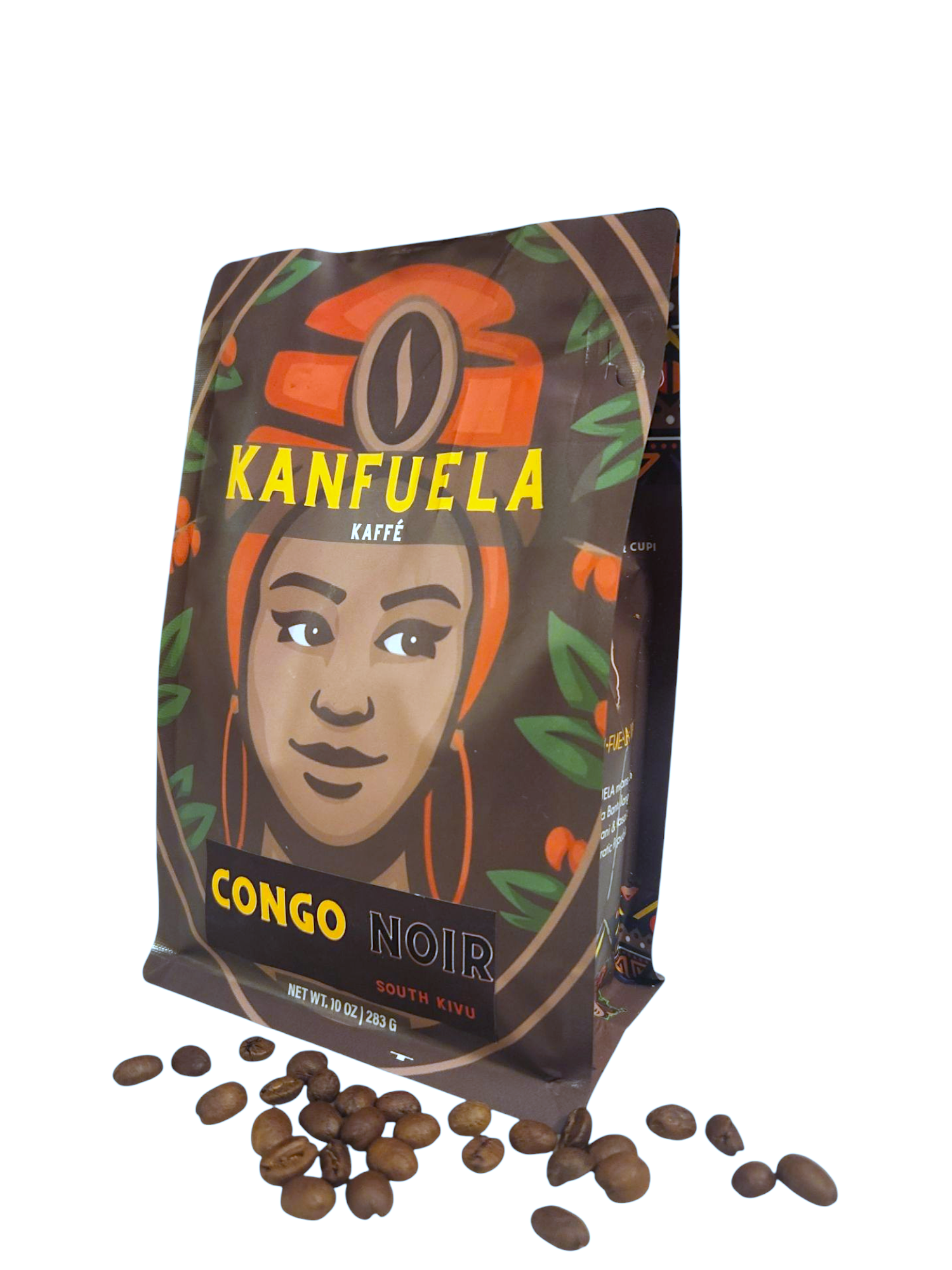
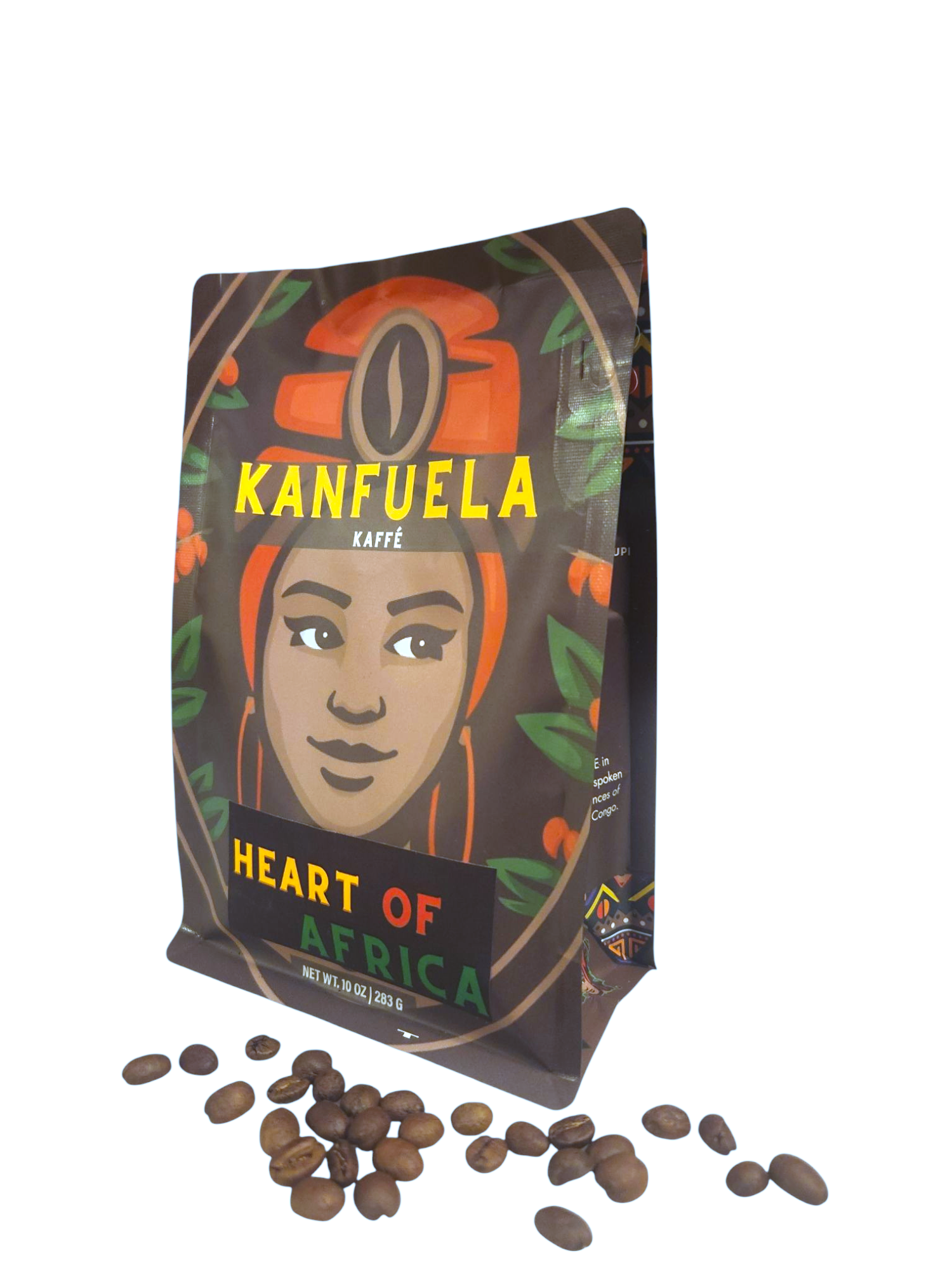
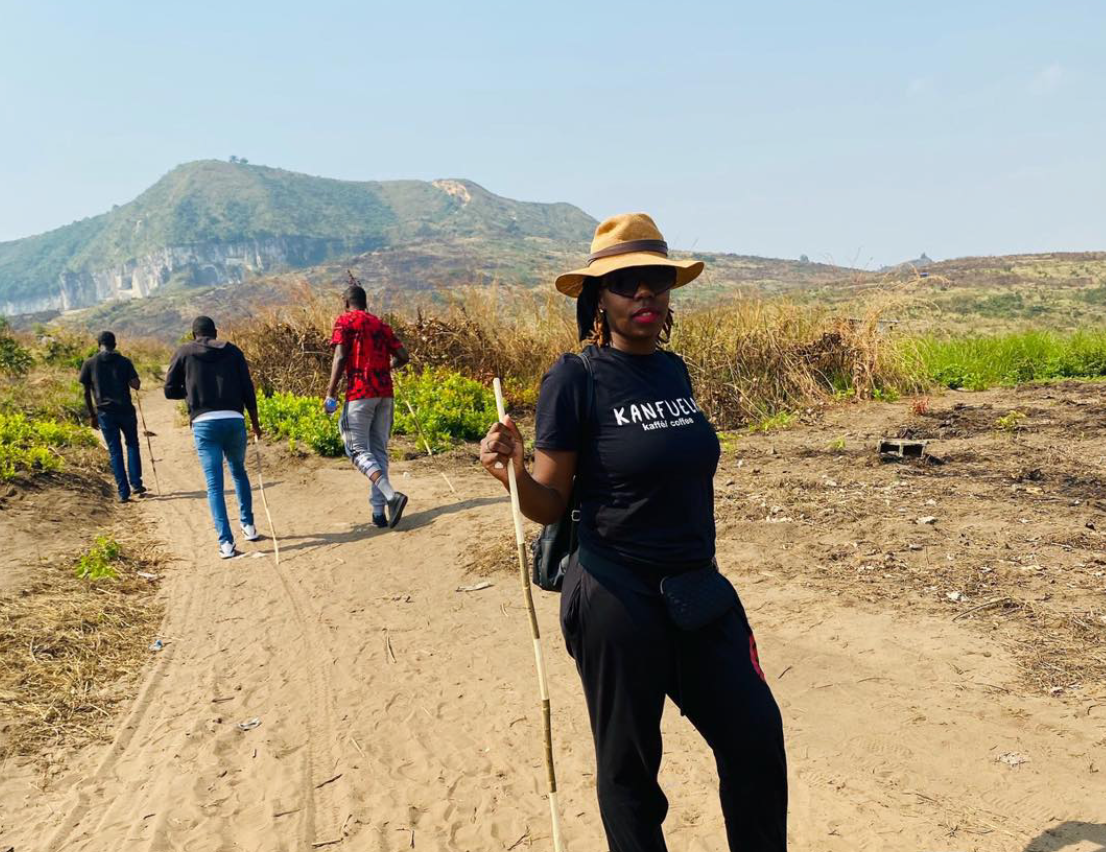
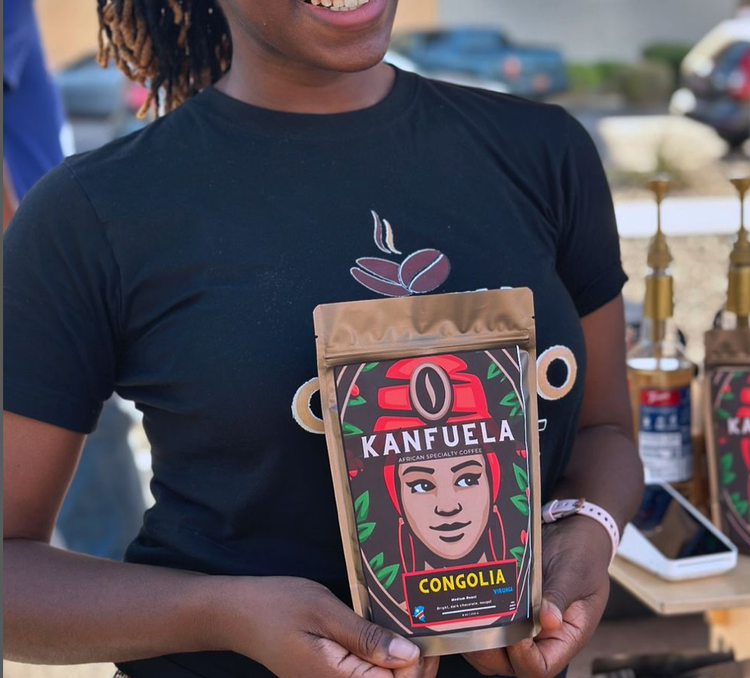
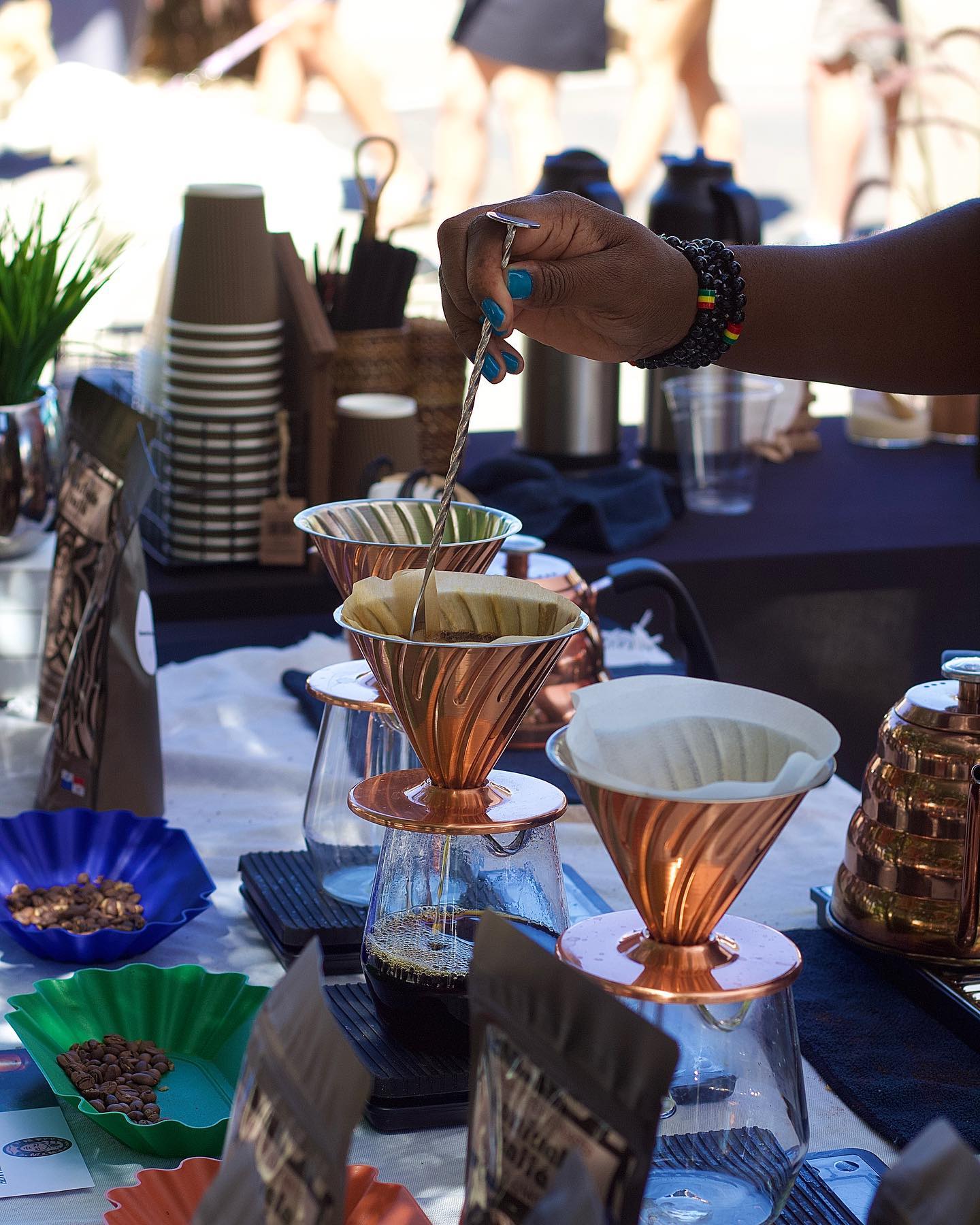
What is the best method to brew and drink Specialty Coffee?
What is the best coffee for pour over?